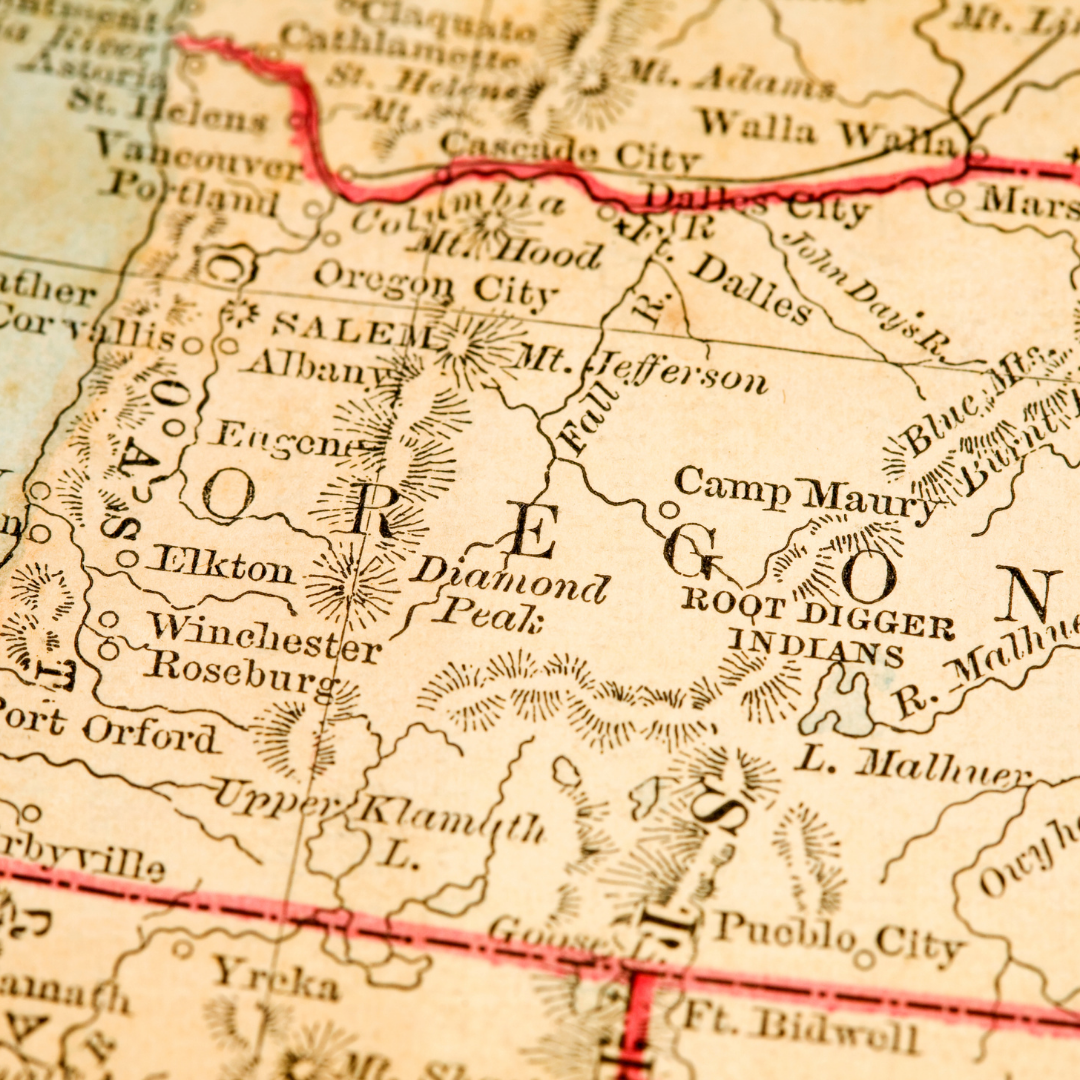Did you know that the Metis people of Canada played a significant role in helping to keep Oregon as part of the United States? Without their help, it's possible that Oregon could have become a British territory instead. In this blog post, we will explore the role that the Metis people played in this pivotal moment in history.
As the Oregon Territory was being settled in the early 1800s, the relationship between the new arrivals and the Native Americans was tense. But there were also some groups of people who found a way to work together and maintain peaceful relationships—the Metis. This group of mixed-race people played an important role in keeping Oregon part of the United States.
Although France had claimed Oregon as part of its North American territories, the metis population - people of mixed French and Native American heritage - had been living in the area for generations. When the United States and Britain negotiated the Oregon Treaty in 1846 (which would leave out a well-known Canadian island Vancouver Island), they agreed that the metis would be considered British citizens. This meant that when Oregon was officially annexed by the United States in 1848, the metis became American citizens as well. As a result, they were able to vote to keep Oregon as united states territory in part some say as a retaliation to HBC and the false promises. The metis played an important role in ensuring that Oregon remained part of the United States.
When the United States and Great Britain signed the Oregon Treaty in 1846, the fate of the region now known as Oregon was decided. The treaty established the 49th parallel as the boundary between the two countries, with Oregon becoming part of the United States. However, it was the metis - people of mixed French and First Nations descent - who played a key role in keeping Oregon under American control. At the time of the treaty signing, the metis outnumbered both Americans and British settlers in Oregon. They were also well-established in the fur trade and had good relations with many Native American tribes. As a result, they were able to exert a considerable amount of influence on events in Oregon.
Every tiny community in the Northwest has an Oregon pioneer story. But there's another, lesser-known narrative of pioneers. Their ancestors were both indigenous and French. They rode 2,000 miles on horseback and tiny carts from Manitoba to Fort Vancouver, attracted by a false promise. They journeyed across mountains and perilous crossings to reach the Columbia River, encouraged by a man who turned out to be a liar. In the early pioneer history, they played an important part.
James Sinclair, a Metis Hudson's Bay Company employee, led the party. Governor Simpson of the HBC sought a strong Canadian presence in the Pacific Northwest, thus the expedition to Fort Vancouver. Simpson offered the Metis farmland in exchange.
The passengers intended to arrive in Nisqually. They were informed there would be homes, farmland, and animals for the fur farm. Contrary to Simpson's guarantee, they discovered They came to find no dwellings and unbroken dirt interspersed with boulders. The Hudson's Bay Company would likewise not bear any costs.
The Metis of the Pacific Northwest had a mixed outcome. American nationalism shifted perceptions towards indigenous people and Metis by the late 1840s. Instead of encouraging intermarrying, others felt the Metis should not be permitted to possess property. This included Catholics (many Metis were Catholic) and Native Hawaiians. This racist wave harmed many individuals and communities.
However, by the 1850s, many Metis were on reserves, including some Red River pioneers. These reserves were the Yakama White Salmon Reservation on the north bank of the Columbia River and the Grand Ronde Reservation on the south side. In the late 1800s, almost a quarter of the population of Grand Ronde was Metis. Today, the Grand Ronde reserve has numerous Metis names on headstones.
The Metis traveled far to reach the promised colonies at Fort Vancouver. Governor Simpson's claims were incorrect and dishonest, yet the Metis persisted and became part of Columbia River history.

